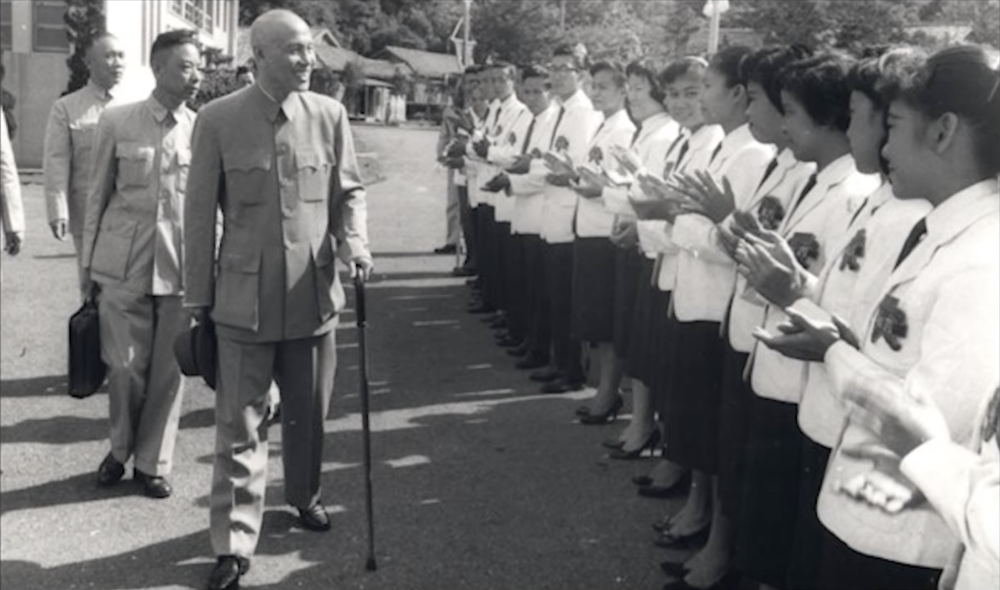
Rethinking "China" and the "Cold War": The Kuomintang, the Philippine Chinese, and Diasporic Anticommunism

Key information
- Date
- Time
-
1:00 pm to 3:00 pm
- Venue
- Main Building, SOAS University of London, 10 Thornhaugh St, London WC1H 0XG
- Room
- Djam Lecture Theatre (DLT)
About this event
Rethinking "China" and the "Cold War": The Kuomintang, the Philippine Chinese, and Diasporic Anticommunism in the Mid-20th Century
Fears of Southeast Asia’s Chinese as conduits for the People's Republic of China defined the Cold War in Southeast Asia. Yet, ironically, the example of the Philippine Chinese shows that the "China" which intervened the most extensively in any Southeast Asian country after 1949 was the Republic of China (ROC) in Taiwan. Based on the speaker’s book, Diasporic Cold Warriors, this talk explains how one of the smallest overseas Chinese communities in the region became the most ardent diasporic supporters of the ROC in the world from the 1950s to the 1970s.
During this period, the Kuomintang-ROC party-state's overseas Chinese networks entrenched themselves in the Philippines with the consent and participation of the Philippine state, giving rise to a dynamic and contingent arrangement of what I call shared, non-territorial sovereignty. Taipei and Manila's intersecting anticommunist projects were, in turn, instrumental to how translocal Chinese forged politically appropriate identities and adapted themselves to the postcolonial Philippines as ethno-ideological subjects.
Speaker's biography
Dr Chien-Wen Kung
Born in Singapore, Chien-Wen Kung received his PhD in Modern Chinese and International and Global history from Columbia University and is currently an Assistant Professor of History at the National University of Singapore. His first book, Diasporic Cold Warriors: Nationalist China, Anticommunism, and the Philippine Chinese, 1930s-1970s, was published by Cornell University Press in 2022 as part of Studies of the Weatherhead East Asian Institute. He has also published articles in Modern Asian Studies, the International History Review, and Asian Ethnicity. With funding from the Singapore Social Sciences Research Council, he is working on a history of Singapore-China-Taiwan cultural relations in the 1970s and 1980s.



